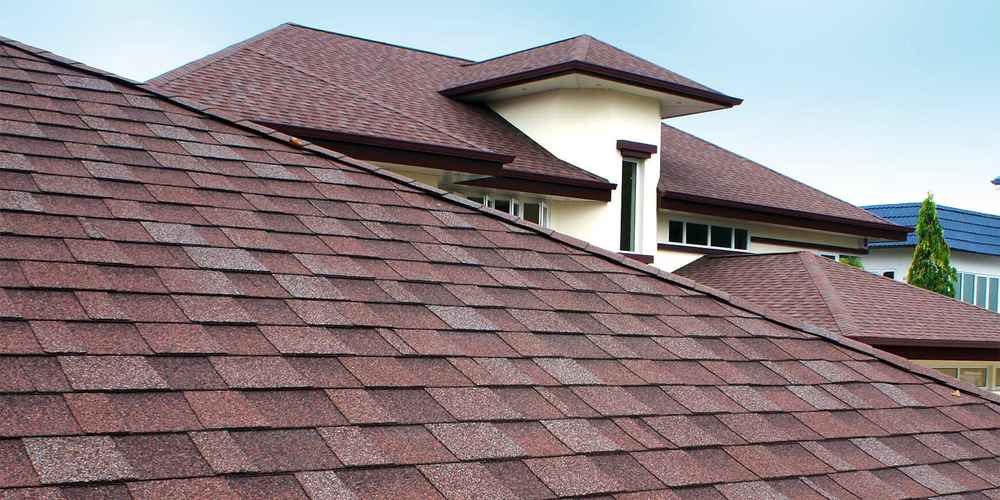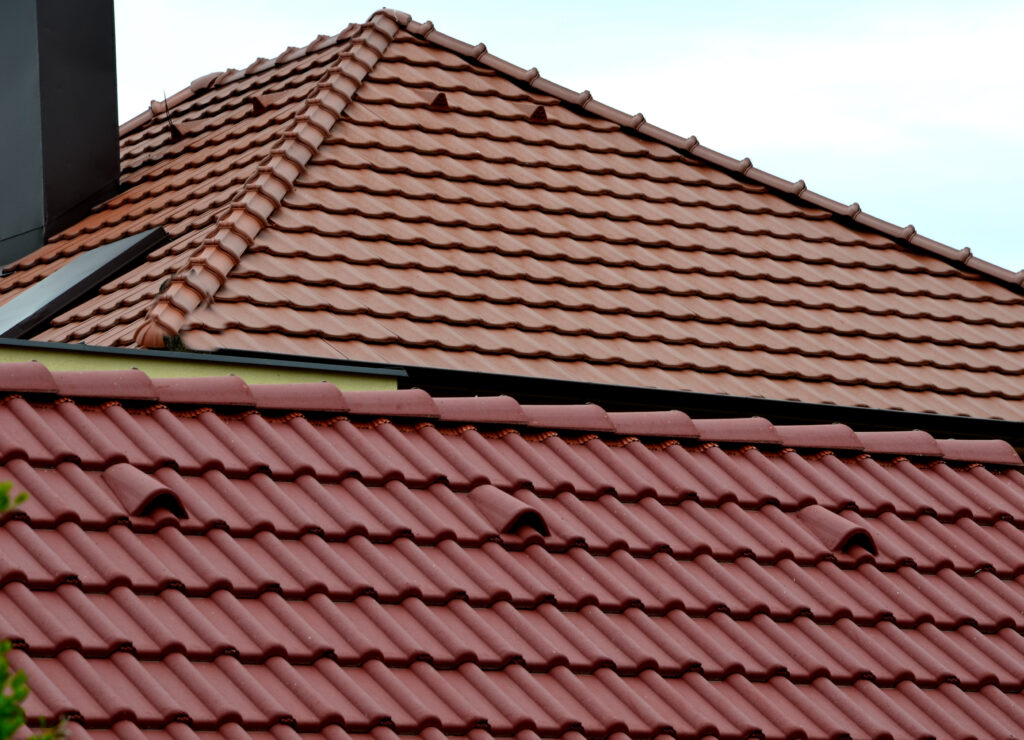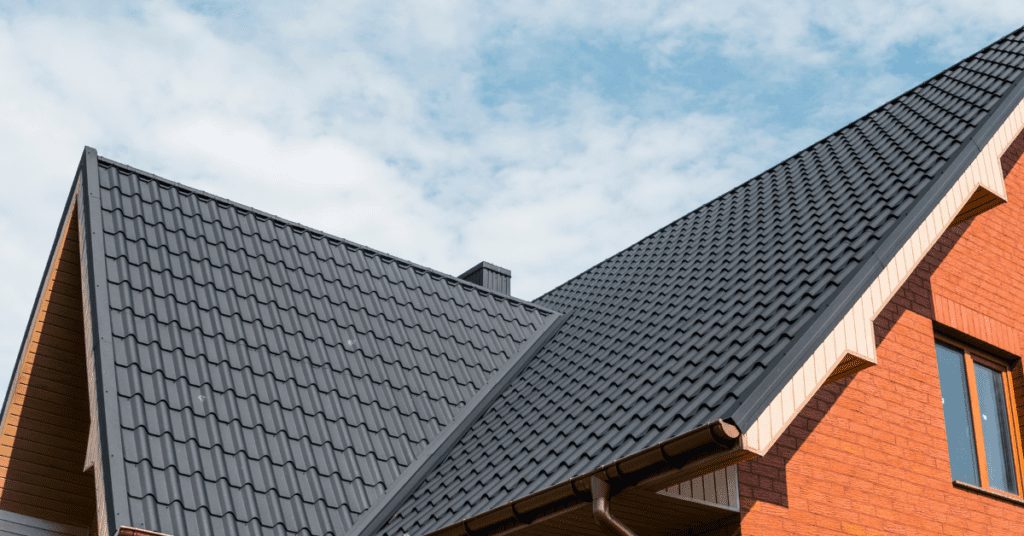
Weather events affect most of the United States, from fires to tornados to floods. Here in Florida, it’s hurricanes that most often impact our families and homes. While we can’t avoid a hurricane altogether, emergency preparedness can make a difficult situation a little more bearable.
If you’re new to Florida or just need a refresher on what emergency supplies to stock up on, we’re here to help. Let’s start with the basics.
What should be in a hurricane survival kit?
A hurricane survival kit, also referred to as an emergency preparedness kit, typically includes a few basic items like those listed below. With these things in place, you can make sure you and your family have what you need – before a hurricane hits.
- Let’s start with the necessities – water. Plan on having about one gallon per person in your home (and don’t forget extra for pets). Water is not only essential for the obvious (drinking) but also for sanitation. If the supply is already in short supply in your part of Florida, fill up some freezable containers that you can defrost and use as needed. Adding water purification tablets is also a good idea if you can’t access fresh or pre-stored water.
- Next up is food! Depending on what you have in your pantry, you may not need to stock up as much as you think. Try to have about a three-day supply of non-perishable items per person. This could be as simple as canned soups, dried fruit, cereal, protein bars, etc. While items that need to stay cold may be more desirable, keep in mind that food won’t be good for long if the power goes out. If you prefer having a way to heat or cook food, think about adding a camp stove and the necessary supplies to your list of items or products.
- Pet supplies are essential too! Plan to have water and pet food on hand per pet, just like you calculate food per person. Have a few extra trash bags if your pet has to stay inside longer than expected. Making sure that each person – and animal – has what they need is an essential part of any hurricane plan.
- Battery powered or hand crank radio and NOAA Weather Radio are good ways to know what’s happening in your area. Be sure to include extra batteries – not just for radios but for flashlights. You may also want to have a tv battery and battery powered tv.
- We’ve already mentioned flashlights, but they’re so important they’re worth mentioning twice. You can also use candles for lights if the power goes out. Keep a couple in a specific area in your house, along with matches or a lighter. You don’t want to be fumbling in the dark in your home trying to find what you need. If you’re not sure how many lights or candles you’ll need, plan on at least one per person, especially if you’ll be in separate rooms at any given time.
- A sleeping bag for each family member is an excellent way to keep everyone in a safe room together, especially if your family includes younger children who may be scared of the dark. This is also a suitable solution if your house suffers damage and some rooms are unsafe.
- A first aid kit is an essential item for any family, and it’s crucial to check the supplies before hurricane season. Add any items that may be missing or low, so your family will have what they need in case of an emergency.
- Personal Hygiene items are important to have on hand per person in your home. Things like wipes and mouthwash can be used, even if the water is out for a short time. Medications are other personal items that shouldn’t be overlooked. Don’t forget extra garbage bags so you can keep things sanitary if garbage service is delayed for any length of time.
- Supplies for each person in your house are important, but so are items that will help keep your space clean. Paper towels, paper items to eat with or mess kits, and garbage bags are easy ways to maintain a sense of cleanliness even if you’re stuck in your house. Have something on hand to seal the trash bags, like ties or duct tape. Be sure that this are easy to prepare items like canned meats, fruits, and vegetables. Dry cereals, protein bars, high-energy foods, peanut butter, dried fruit are some of the items you can bring.
- If you have basic tools and supplies for your home, it can be helpful to compile a small toolkit with items that you may need. Include screws and screw drivers (or nails and a hammer), duct tape, plastic sheeting, etc. These can help you more easily shelter-in-place if you lose a window or need to protect areas of your house that may be exposed to the elements. Pliers or a wrench can turn off utilities as needed.
- Besides food and practical supplies, it’s helpful to create a paper list of resources that you can use in an emergency. We recommend compiling information from your local government organization (start with your local city, county, or state websites for phone numbers). Add contact information for the American Red Cross and emergency contact information for local and non-local family you may need to check in with or travel to.
- Don’t forget a map in case communications are down, but you need to get out of town. You should also fill up your tank with gas before the storm hits if possible. Keep some cash on hand too for traveling if communications (that enable taking credit and debit cards) are down.
- Print out your insurance policies or keep the phone number for your insurance handy in case you need to report damage to your home. Most often, you can find an 800 number on the company website.
If this is your first time putting together a emergency kit or hurricane kit, the list of items can seem overwhelming. But with a bit of preparation and basic supplies, you can make sure that you and your family have what you need to survive a hurricane.
Start with a couple of things on the list and make your way down. Before you know it, you’ll have a fully stocked survival kit and will be able to rest easy. While we hope a hurricane doesn’t affect our community, you’ll be ready if it does.
Allstate Construction Roofing is the only choice for all your hurricane restoration needs. Should you ever find yourself needing help with hurricane damages or any other type of damage, we’ll be here to help.
Contact us today to schedule an appointment at 239-317-2000 or fill the contact form here and we’ll get in touch ASAP.






